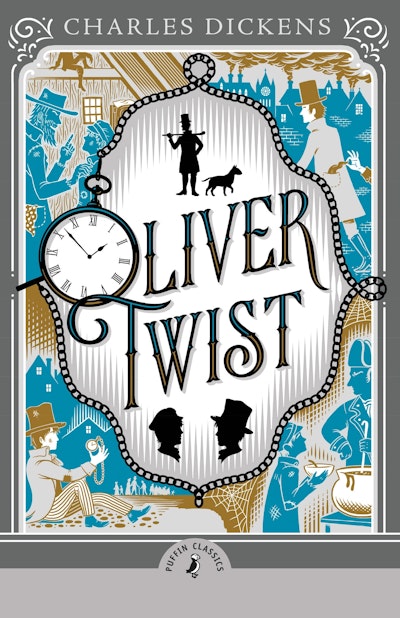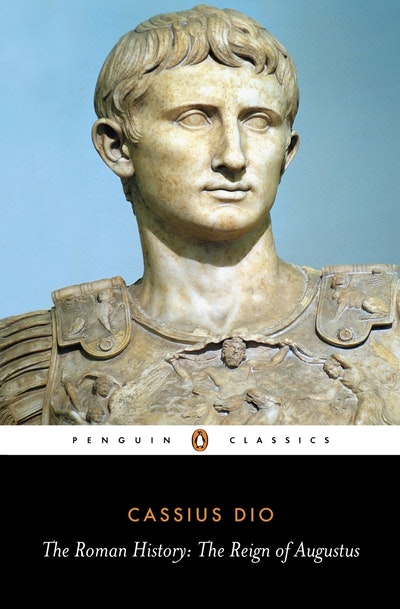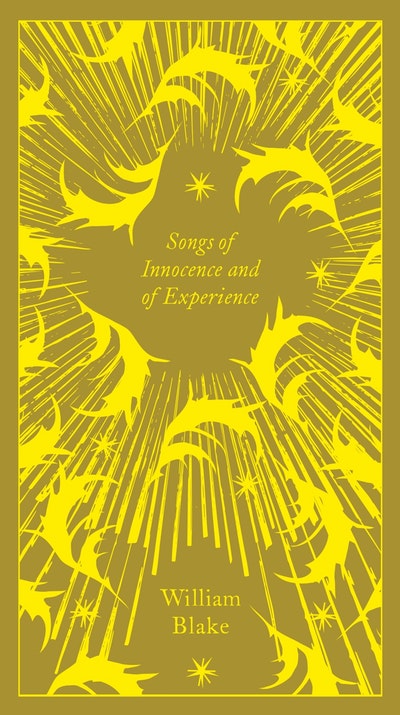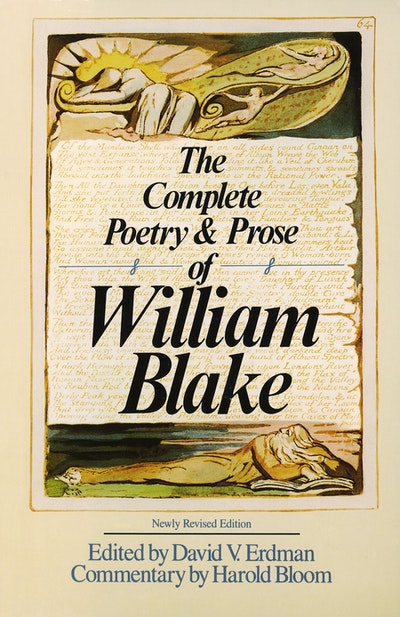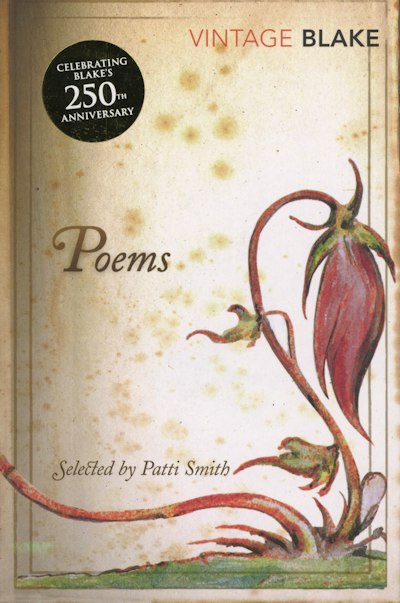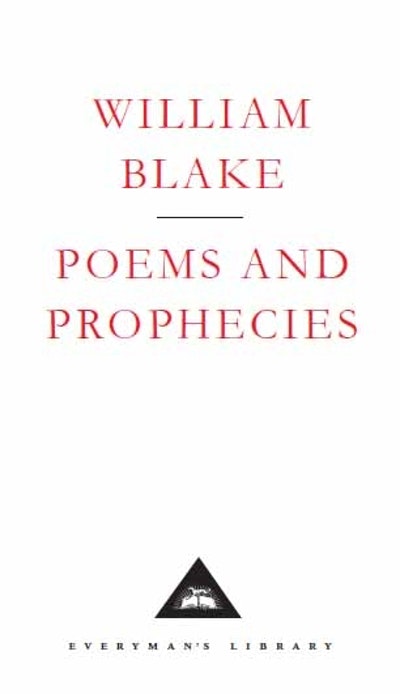- Published: 24 November 1977
- ISBN: 9780140422153
- Imprint: Penguin Classics
- Format: Paperback
- Pages: 1072
- RRP: $35.00
The Complete Poems
The complete collection of Blake's symbolic and revolutionary poems, from the deceptive simplicity of Songs of Innocence, to the grandeur of Jerusalem
One of the great English Romantic poets, William Blake (1757-1827) was an artist, poet, mystic and visionary. His work ranges from the deceptively simple and lyrical Songs of Innocence and their counterpoint Experience - which juxtapose poems such as 'The Lamb' and 'The Tyger', and 'The Blossom' and 'The Sick Rose' - to highly elaborate, apocalyptic works, such as The Four Zoas, Milton and Jerusalem. Throughout his life Blake drew on a rich heritage of philosophy, religion and myth, to create a poetic worlds illuminated by his spiritual and revolutionary beliefs that have fascinated, intrigued and enchanted readers for generations.
- Published: 24 November 1977
- ISBN: 9780140422153
- Imprint: Penguin Classics
- Format: Paperback
- Pages: 1072
- RRP: $35.00



































































































































































































































